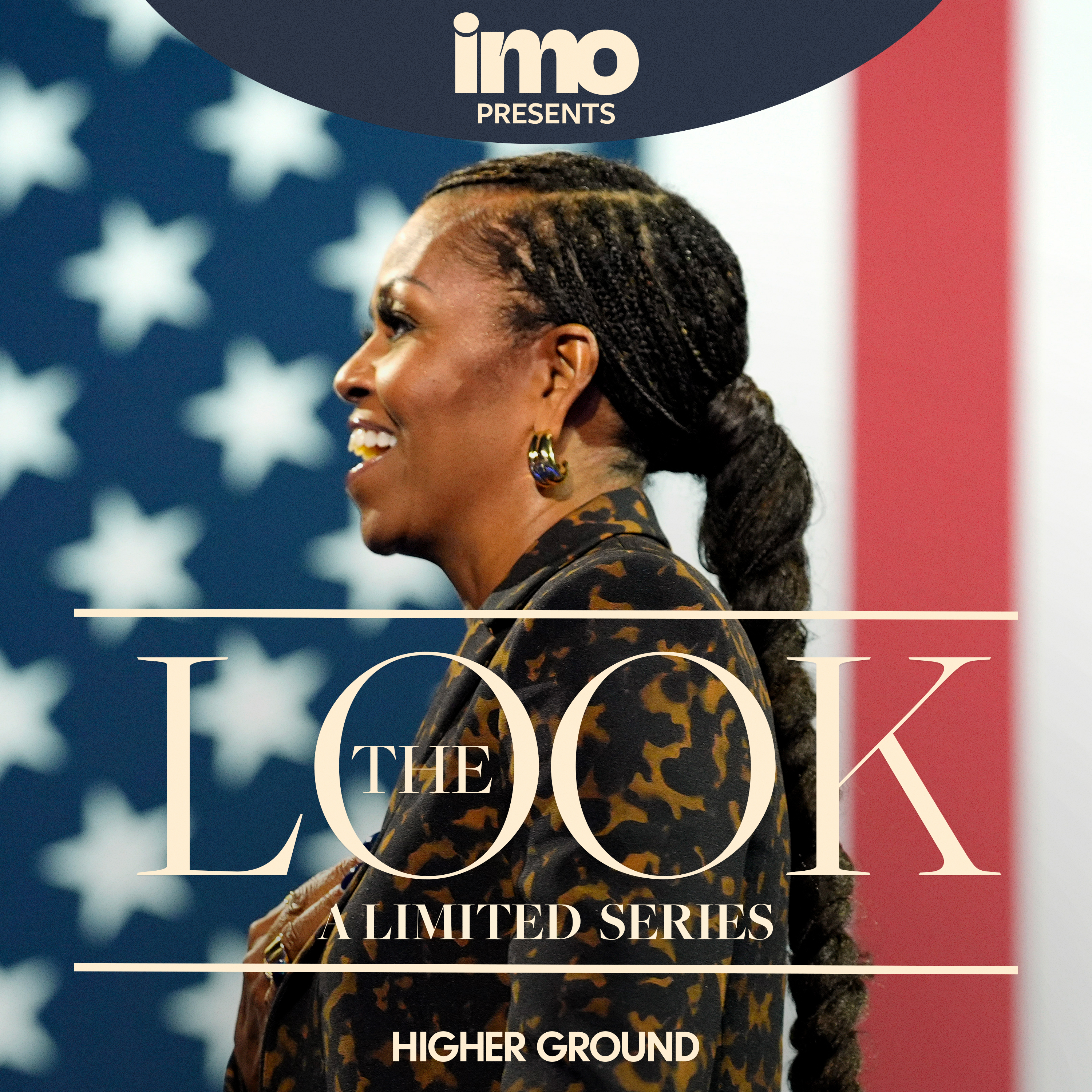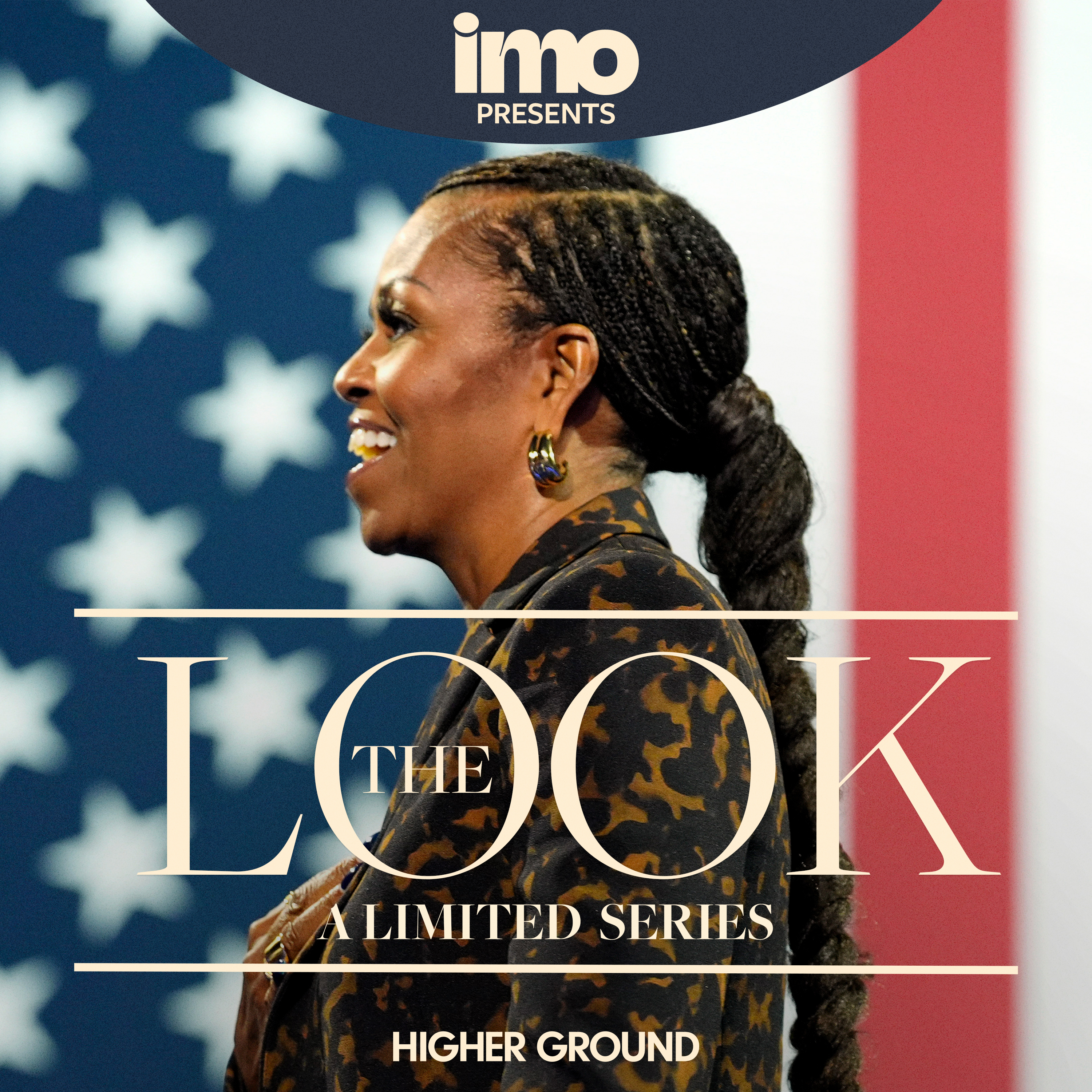Trust Your Kids with Mara Brock Akil
On today’s episode, Girlfriends and Forever creator Mara Brock Akil joins Michelle and Craig to talk about her incredible career, and how her children have inspired her current projects. The group discusses navigating the teen and early adult years, giving their teenagers more freedom, and figuring out how to build and improve on your personal foundation. Plus, Mara spills on the possibility of a Girlfriends movie!
Have a question you want answered? Write to us at imopod.com.
See Privacy Policy at https://art19.com/privacy and California Privacy Notice at https://art19.com/privacy#do-not-sell-my-info.
Press play and read along
Transcript
Transcript is processing—check back soon.
IMO with Michelle Obama and Craig Robinson — Trust Your Kids with Mara Brock Akil


